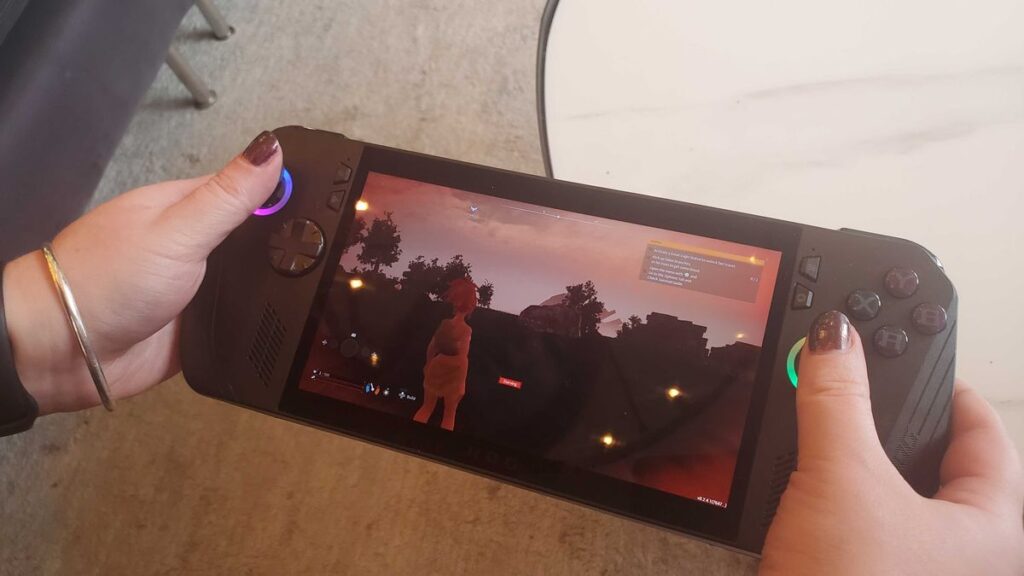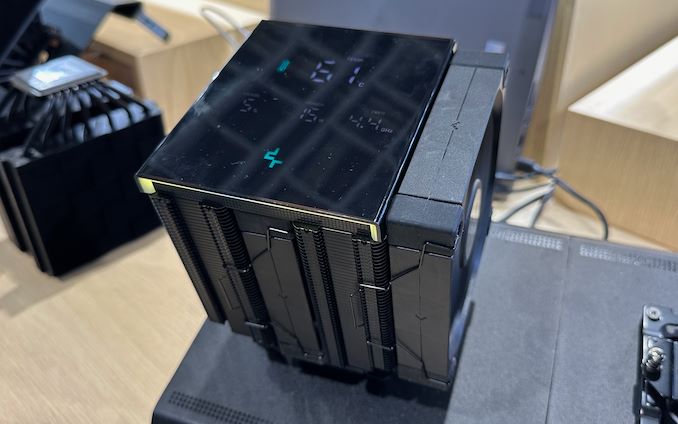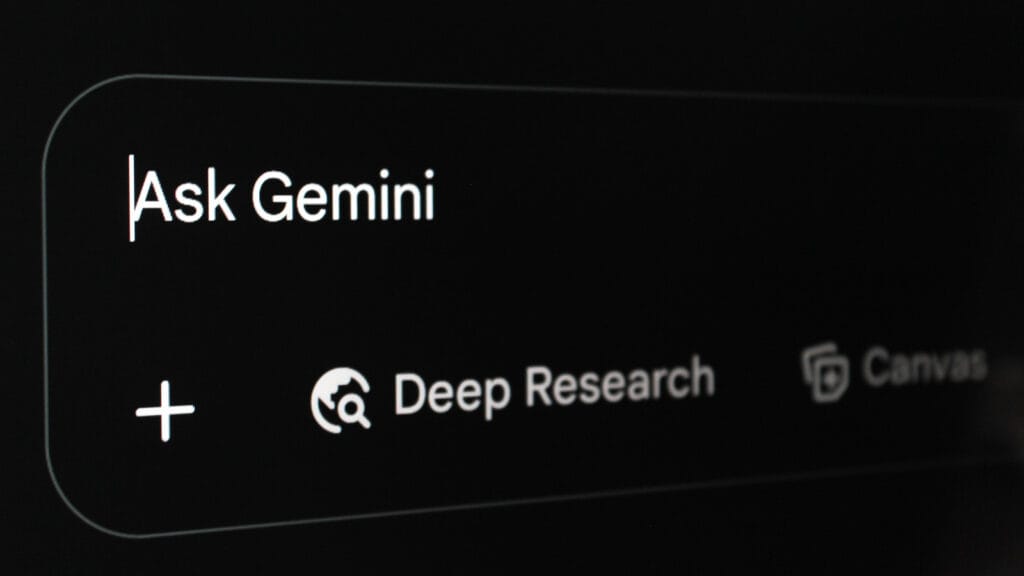AMD is going to power up the next-generation of its FSR tech by using AI, in what Team Red admits is a turnaround regarding its stance on using artificial intelligence for the purpose of boosting frame rates in PC gaming.
This came to light in an interview that Tom’s Hardware conducted with Jack Huynh, who is Senior VP and GM of the Computing and Graphics Group at AMD. When exploring the topic of battery life in gaming handhelds like the Asus ROG Ally X, Huynh lamented the lack of longevity when playing more demanding games (giving Black Myth: Wukong as an example).
What’s the cure for that? Well, that’s an extremely thorny problem to deal with, naturally. However, Huynh feels that FSR 4 taking the strain off the hardware will be a sizeable part of getting more mileage out of demanding games when playing on the move – and that frame generation tech (meaning artificially inserting extra frames to up the frames per second count) therein will use AI.
Huynh told Tom’s: “So now we’re going AI-based frame generation, frame interpolation, and the idea is increased efficiency to maximize battery life. And then we could lock the frames per second, maybe it’s 30 frames per second, or 35. My number one goal right now is to maximize battery life.”
Huynh then admits this is a major switch to go with artificial intelligence, but said he told his team he wanted something with a very fast time to market with FSR 4, and that the future was AI in that respect – and AMD ‘completely pivoted’ about a year ago to go AI-based with next-generation FSR.

(Image credit: Getty Images / RyanKing999)
Analysis: The bigger upscaling picture
In many ways, this feels inevitable – the switch to AI, that is, and not just because artificial intelligence is such a huge presence across the entire tech industry these days.
While AMD initially poured scorn on the need for AI with upscaling tech like FSR, the mood at Team Red has clearly changed in more recent times. Indeed, other AMD executives like CTO Mark Papermaster have already dropped hefty hints that FSR will get infused with AI at some stage, and so it seems that’s exactly what’s happening with FSR 4.
{ window.reliablePageLoad.then(() => { var componentContainer = document.querySelector(“#slice-container-newsletterForm-articleInbodyContent-k85VQH2sSZskc8UnvuYt8F”); if (componentContainer) { var data = {“layout”:”inbodyContent”,”header”:”Get daily insight, inspiration and deals in your inbox”,”tagline”:”Sign up for breaking news, reviews, opinion, top tech deals, and more.”,”formFooterText”:”By submitting your information you agree to the Terms & Conditions and Privacy Policy and are aged 16 or over.”,”successMessage”:{“body”:”Thank you for signing up. You will receive a confirmation email shortly.”},”failureMessage”:”There was a problem. Please refresh the page and try again.”,”method”:”POST”,”inputs”:[{“type”:”hidden”,”name”:”NAME”},{“type”:”email”,”name”:”MAIL”,”placeholder”:”Your Email Address”,”required”:true},{“type”:”hidden”,”name”:”NEWSLETTER_CODE”,”value”:”XTR-D”},{“type”:”hidden”,”name”:”LANG”,”value”:”EN”},{“type”:”hidden”,”name”:”SOURCE”,”value”:”60″},{“type”:”hidden”,”name”:”COUNTRY”},{“type”:”checkbox”,”name”:”CONTACT_OTHER_BRANDS”,”label”:{“text”:”Contact me with news and offers from other Future brands”}},{“type”:”checkbox”,”name”:”CONTACT_PARTNERS”,”label”:{“text”:”Receive email from us on behalf of our trusted partners or sponsors”}},{“type”:”submit”,”value”:”Sign me up”,”required”:true}],”endpoint”:”https://newsletter-subscribe.futureplc.com/v2/submission/submit”,”analytics”:[{“analyticsType”:”widgetViewed”}],”ariaLabels”:{}}; var triggerHydrate = function() { window.sliceComponents.newsletterForm.hydrate(data, componentContainer); } if (window.lazyObserveElement) { window.lazyObserveElement(componentContainer, triggerHydrate); } else { triggerHydrate(); } } }).catch(err => console.error(‘%c FTE ‘,’background: #9306F9; color: #ffffff’,’Hydration Script has failed for newsletterForm-articleInbodyContent-k85VQH2sSZskc8UnvuYt8F Slice’, err)); }).catch(err => console.error(‘%c FTE ‘,’background: #9306F9; color: #ffffff’,’Externals script failed to load’, err)); ]]>
Sign up for breaking news, reviews, opinion, top tech deals, and more.
The framing here of FSR 4 boosting battery life in handhelds may seem odd, but in context, this was part of the conversation Tom’s had with Huynh at the recent IFA 2024 show where the exec was talking specifically about handhelds. So, don’t read too much into this – it’s not like FSR 4 will be designed primarily for gaming handhelds, or at least we can’t imagine that’s remotely the case.
However, the thought AMD is putting into the angle of FSR 4 working to beef up the weakest area of Windows 11 handhelds (and the Steam Deck too) is notable, certainly – and perhaps a reflection of the importance Team Red places on the gaming portable world right now.
In short, FSR 4 won’t be all about increased efficiency – that’ll just be one part of a bigger puzzle (and with handhelds, the tech may well leverage the powerful NPUs on new mobile CPUs which considerably accelerate AI workloads). Hopefully, AI will also be in the mix with improving other major considerations such as the quality of the upscaled image with FSR 4, and smoothing over glitches (something FSR 3.1 has been criticized over failing to tackle).
With this interview, though, we’re only getting a narrow and fleeting glimpse of AMD’s plans, and we don’t know the full picture by any means. Still, what we do know is that AMD is bringing in AI to power up FSR 4 in some way, and maybe the next-gen tech isn’t that far off (if development has been underway for the best part of a year already).
Via PC Gamer




